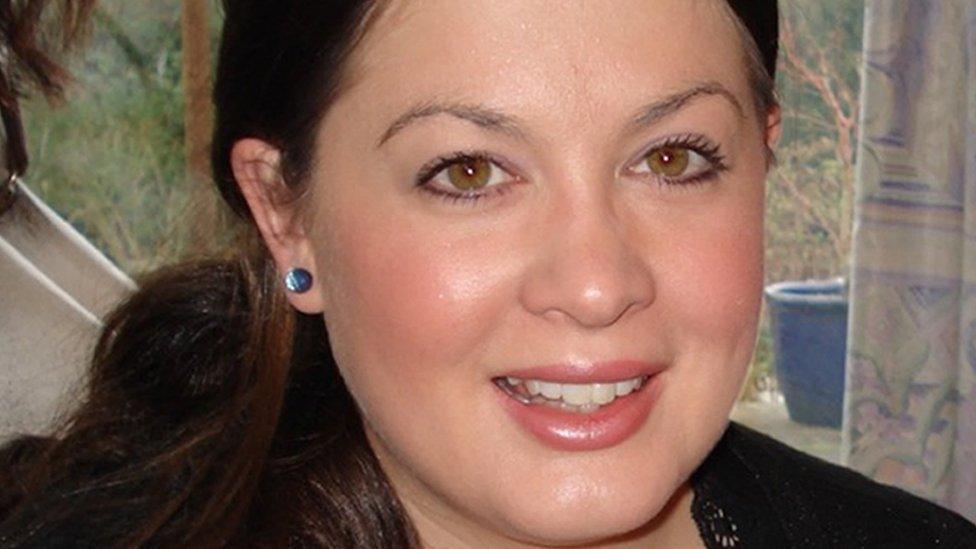Frances Cappuccini Caesarean death trial halted
- Published
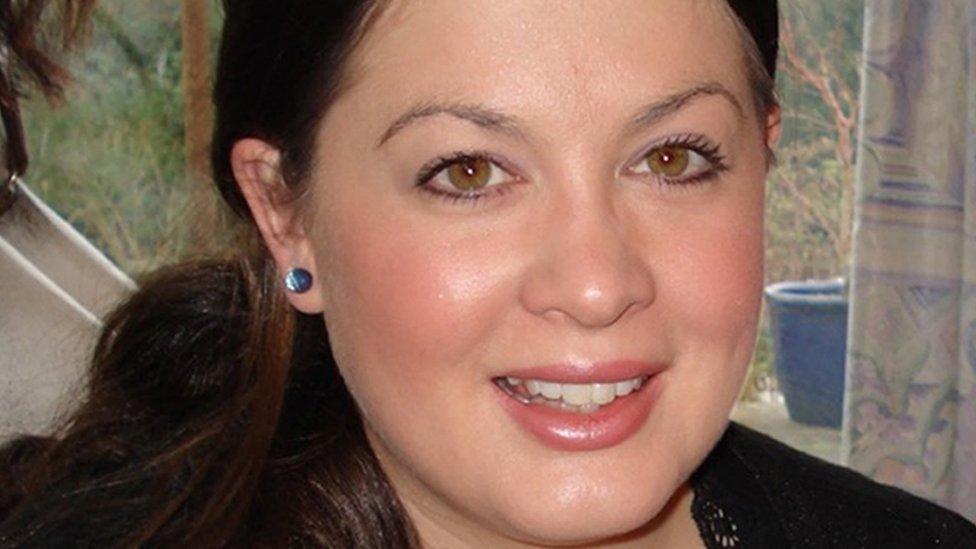
Frances Cappuccini died at Tunbridge Wells Hospital in October 2012
A doctor and hospital trust have been cleared of the manslaughter of a woman who died hours after a Caesarean birth, following a landmark trial's collapse.
Mr Justice Coulson halted the trial of Dr Errol Cornish and Maidstone and Tunbridge Wells NHS Trust, saying it would be "unsafe and unfair" to go on.
Frances Cappuccini, 30, died after suffering a haemorrhage at Tunbridge Wells Hospital on 9 October 2012.
It was the first prosecution of an NHS trust for corporate manslaughter.
Death 'a tragedy'
Dr Cornish, 67, of Holmbury Park, Bromley, south-east London, a consultant anaesthetist, had denied manslaughter by gross negligence.
The judge told the court there was little or no evidence he had done anything wrong that had contributed to Mrs Cappuccini's death and, likewise, there was no evidence of systemic failure at the trust.
"I am firmly of the view that it would be unsafe and unfair to everyone, including Mrs Cappuccini's family, to leave this case to the jury," he added.
"Her unexpected death can only properly be described as a tragedy."
He told the court Dr Cornish had taken actions that were "as far removed from a case of gross negligence manslaughter as it's possible to be" and he and the trust that employed him had "no case to answer".
The Crown Prosecution Service (CPS) said it had "carefully considered" Mr Justice Coulson's judgement and decided not to appeal against his decision.
It is still deciding whether to continue proceedings against anaesthetist Dr Nadeem Azeez, who was not on trial because he had left the country.
Following the conclusion of the trial, it emerged Mr Justice Coulson had ordered the Health Secretary Jeremy Hunt to delete a tweet he posted on the second day of proceedings which said it was a "tragic case from which huge lessons must be learned".
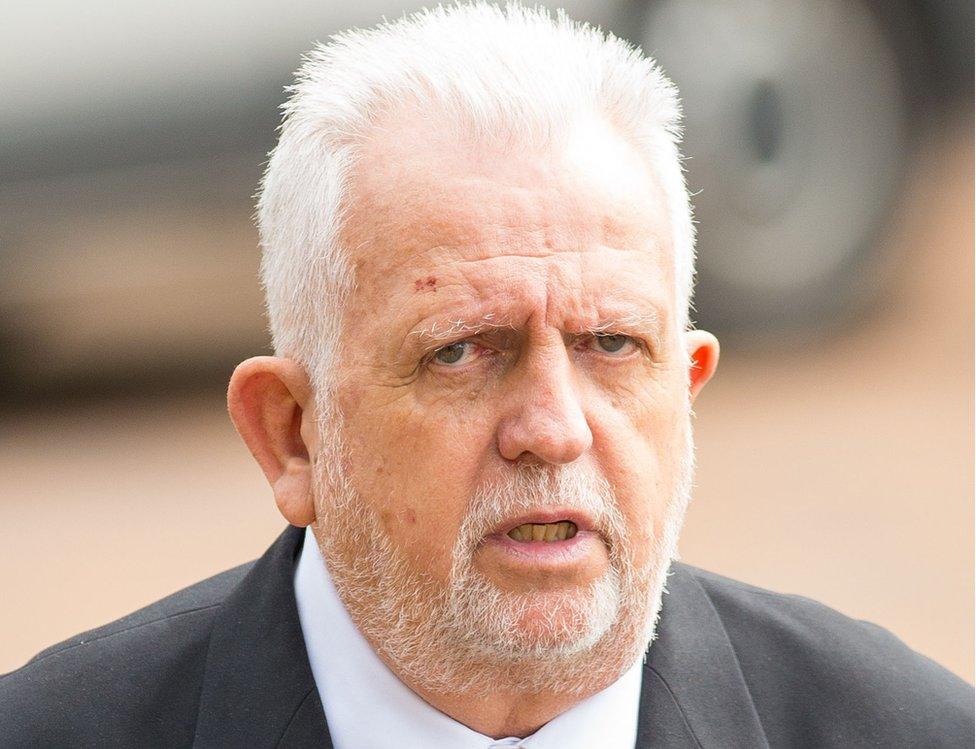
Dr Errol Cornish always denied the charge of manslaughter by gross negligence
In a statement following the collapse of the trial, Maidstone and Tunbridge Wells NHS Trust said "no outcome from these proceedings could bring any consolation to the family" adding its sympathies were with them.
"The allegation of corporate manslaughter has been consistently denied by the trust and now also comprehensively rejected by the court," it continued.
"The trust regrets that the Crown Prosecution Service saw fit to pursue the charge in the first place, given the additional stress this will have caused all involved."
Dr Cornish said he was relieved with the judge's verdict and thanked "family, friends, legal team and all those who supported me through this difficult time".
"I would like to pay tribute to the family of Mrs Cappuccini for the restraint and dignity they have displayed throughout this trial," he added.
Jurors had been told Mrs Cappuccini lost more than two litres of blood when she gave birth to her second son Giacomo by Caesarean.
She was taken back into theatre for surgery for postpartum bleeding but did not regain consciousness.
Following the trial Mr Justice Coulson

Mrs Cappuccini's final hours
Mrs Cappuccini is admitted to Tunbridge Wells Hospital in the final stages of labour on 8 October 2012
Her son, Giacomo, is born by caesarean section at 08:28 GMT the following morning
At 11:35 GMT she is taken back into the operating theatre after suffering a haemorrhage
Dr Azeez removes her breathing tube at 12:30 GMT
Half an hour later Dr Cornish is called to assist when Mrs Cappuccini encounters difficulties breathing
She suffers a cardiac arrest at 15:16 GMT and is pronounced dead just over an hour later

The prosecution claimed the Dr Azeez, who was the anaesthetist, and consultant anaesthetist Dr Cornish failed to ensure Mrs Cappuccini safely came round from surgery.
It was the first time an NHS trust had been accused of corporate manslaughter since the charge was introduced in 2008.
The prosecution also claimed if one or both doctors were found to be grossly negligent then the trust could be said to have employed someone it knew or should have known was not suitably qualified or trained for their role.
- Published28 January 2016
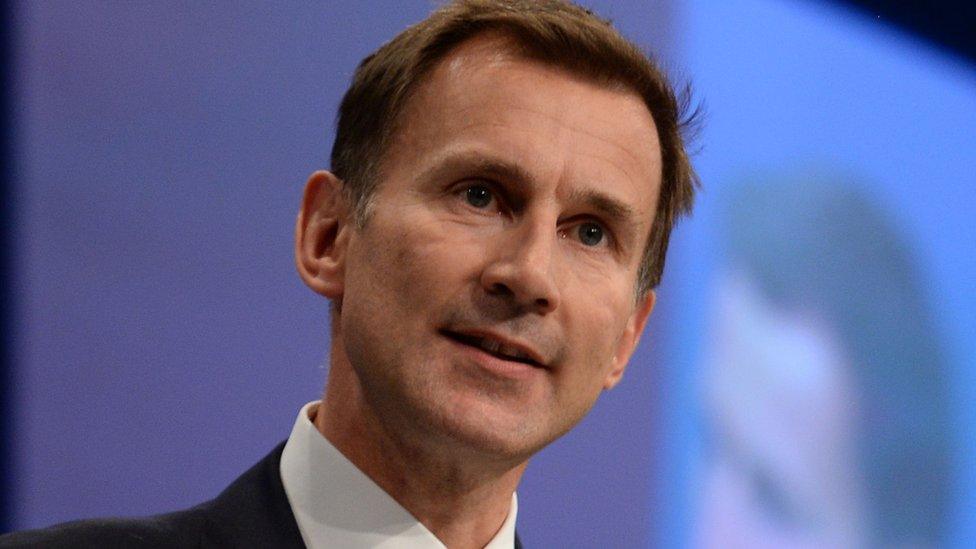
- Published20 January 2016

- Published18 January 2016

- Published15 January 2016

- Published14 January 2016
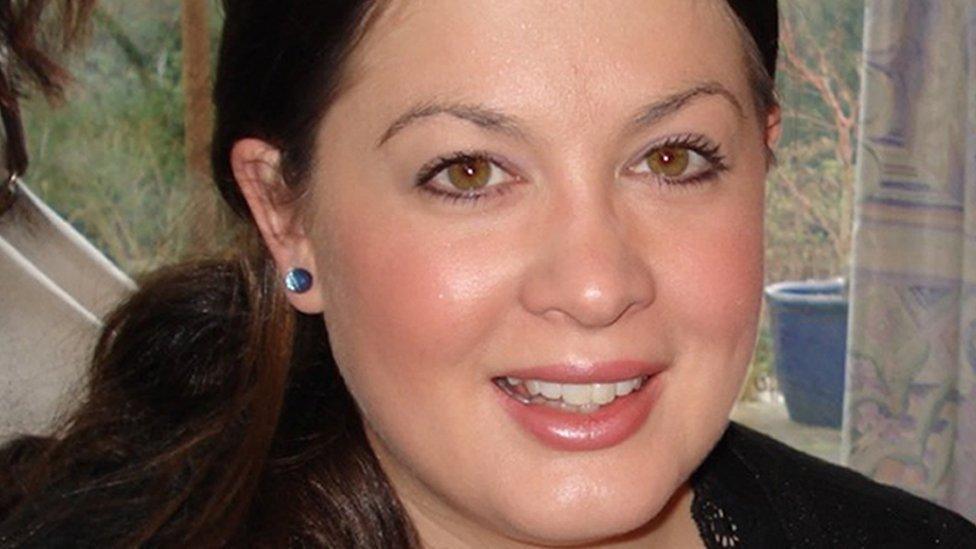
- Published13 January 2016
